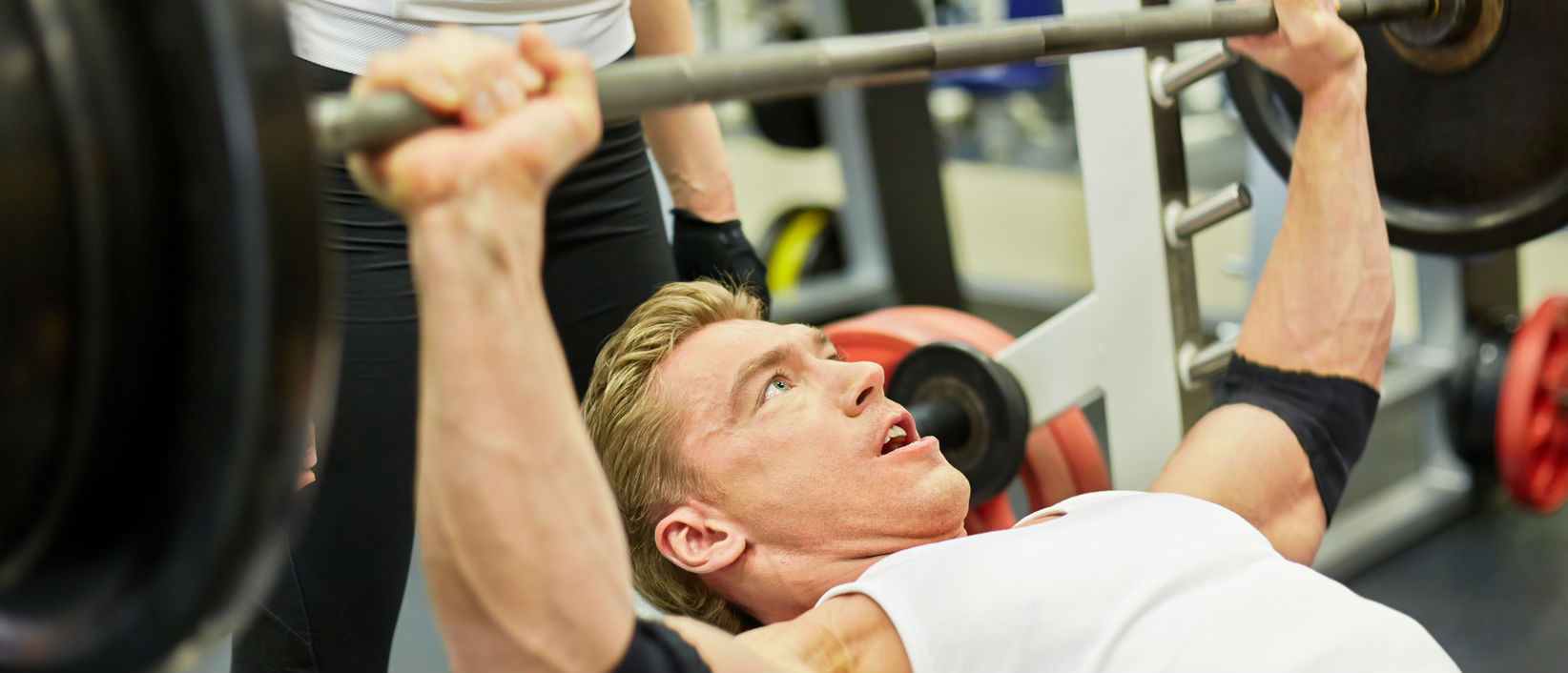The seasonal deception is one of the easiest self-deceptions to fall into for athletes, especially seasonal athletes that respond well to strength training. People who like to look good during the summer when they go to the beach but don’t care how their body looks the rest of the year can also fall into this trap. The seasonal deception occurs when a single season athlete decides that they need to do some strength training to get into shape for their particular sport as the season approaches. A few weeks or a month before the season starts, they really train hard to be ready for their sport. Since they haven’t trained for eight or nine months, their muscles have atrophied and their strength has gone into decline. When they begin to train again, their body acts like a beginner’s body, meaning that it quickly responds to weight training. The quick results are even more dramatic for anyone who has previous weight training experience as there will be a degree of muscle memory which speeds up strength gains even more. Measurable results are predictable almost every week and weight training seems to work like magic. Both coaches and athletes look like training geniuses that have the secrets to gaining strength. Their secret is simply to push hard each time a workout is done.
In some ways, I think this is all great and wonderful. I don’t think that pushing an athlete to go all out every training session is a bad idea if it is only done during the length of a sports season. It may be one of the best ways to go as knocking yourself out is often an effective short term strategy, but it can also be deceiving. By the end of the season, strength gains will often either dramatically slow down or stop. But coaches and athletes can get hooked on a way of training that initially seems to produce quick, dramatic results for athletes who return season after season. The only problem is that it quits working for a person who trains beyond the length of a season. What compounds this problem is that all out hard training isn’t taught as something that only works for a season. It’s often taught as the way to train both now and forever more.
To keep on gaining, a lifter will often have to change their strategy to stay within the boundaries of reps that are done at near maximum speed, and only doing the number of sets that can be done while in a state of maximum strength. Wiping an athlete out with severe weight training sessions may be a good way to teach them how to push themselves and exert effort for their sport, but it’s not the best way to gain strength if done on a continuous basis year round, or year after year. It’s ok to train very hard during the course of a season, but don’t be deceived into thinking that the quick results are an indicator that it’s the best way to train if you plan to train for longer than a season.

